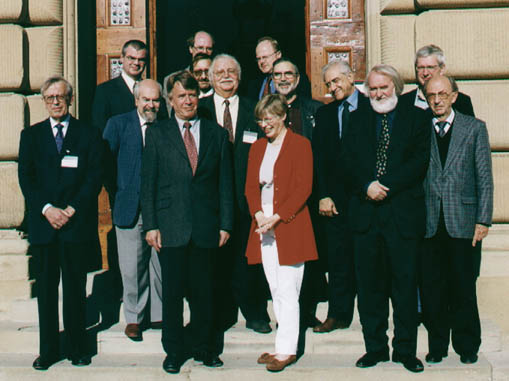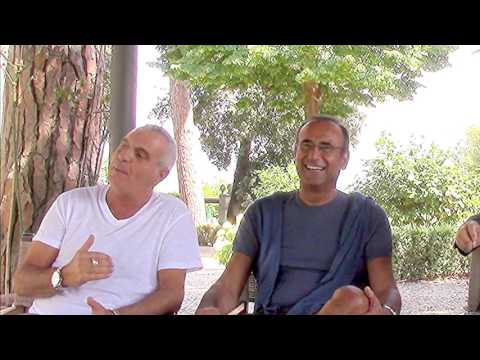European Federation of National Institutes of Language
Promotion of standard/national/official languages of the European Union countries; 2001-2002.
Many schools and European Language Institutes work together in order to foster standard, national and official languages, starting from the assumption that European multilingualism must be safeguarded for the future. After several preliminary meetings, a base was established at the conferences held in Mannheim, at the Institut für Deutsche Sprache (14-16 December 2000),, and in Florence at the Accademia della Crusca and at the Opera del Vocabolario Italiano (25-27 October 2001).
The text of the Recommendations of Mannheim, for the promotion of the standard/official/national languages, which the countries of the European Union have been asked to bear in mind in their policies, has been debated and approved definitely in order to encourage standard European languages and to promote in this way a long-lasting multilingual Europe. In a following conference in Brussels (19-21 June 2002) the European Federation of National Language Institutions, with the participation of schools and Language Institutes from fourteen countries of the European Union, was created; the Accademia della Crusca and the Opera del Vocabolario Italiano are the institutions representing Italy.
The Federation, which has its own name in every official language of the European Union, will have a website thanks to the cooperation of the Opera del Vocabolario Italiano and the Accademia della Crusca. One of its first tasks will be to draft a white paper online ( ‘a white website’) on the state of European national languages and on the teaching of languages in the different countries.
The photograph below shows the work team during the meeting held in Florence at the Accademia della Crusca between 25 and 28 October 2001.

From left to right in the front row: Harro Stammerjohann (Frankfurt am Main, Germany), Gerhard Stickel (Institut für Deutsche Sprache, Mannheim, Germany), Pirjo Hiidenmaa (Kotimaisten kielten tutkimuskeskus Helsinki, Finland), Konrad Ehlich (Institut für Deutsch als Fremdsprache der Universität München), Bernard Pottier (Académie des Inscriptions et Belles-Lettres Paris, France). In the second row: Pietro G. Beltrami (Opera del Vocabolario Italiano, Florence), Bernard Quemada (Paris, France), Mikael Reuter (Forskningcentralen för de inhemska spraken / Kotimaisten kielten tutkimuskeskus, Helsinki, Finland), Francesco Sabatini (Accademia della Crusca, Florence), Henrik Holmberg (Nordiska Sprakradet / Nordic Language Council, Copenhagen, Denmark). In the third row: Koen Jaspaert (Nederlandse Taalunie, Algemeen Secretaris, Den Haag, Netherlands), Johan Van Hoorde (Nederlandse Taalunie, Senior Projectleider, Den Haag, Netherlands), John A. Simpson (Chief Editor, Oxford English Dictionary, Oxford, United Kingdom), Pär Larson (Opera del Vocabolario Italiano, Florence)
Raccomandazioni di Mannheim (in Italian).
Nasce a Stoccolma un Consiglio delle Lingue d'Europa, by Francesco Sabatini.
La parità delle lingue nell’Unione Europea, documento di Francesco Sabatini che riguarda la discussione sul riconoscimento della parità delle lingue dell'Unione Europea e sul problema della definizione delle "lingue di lavoro".
Articolo del Corriere della Sera sul progetto.
Nederlandse Taalunie website (in Dutch).
Notices by Crusca
-
Speaker's corner
La competenza linguistica dei giovani italiani: cosa c'è al di là dei numeri?, by Rosario Coluccia.





